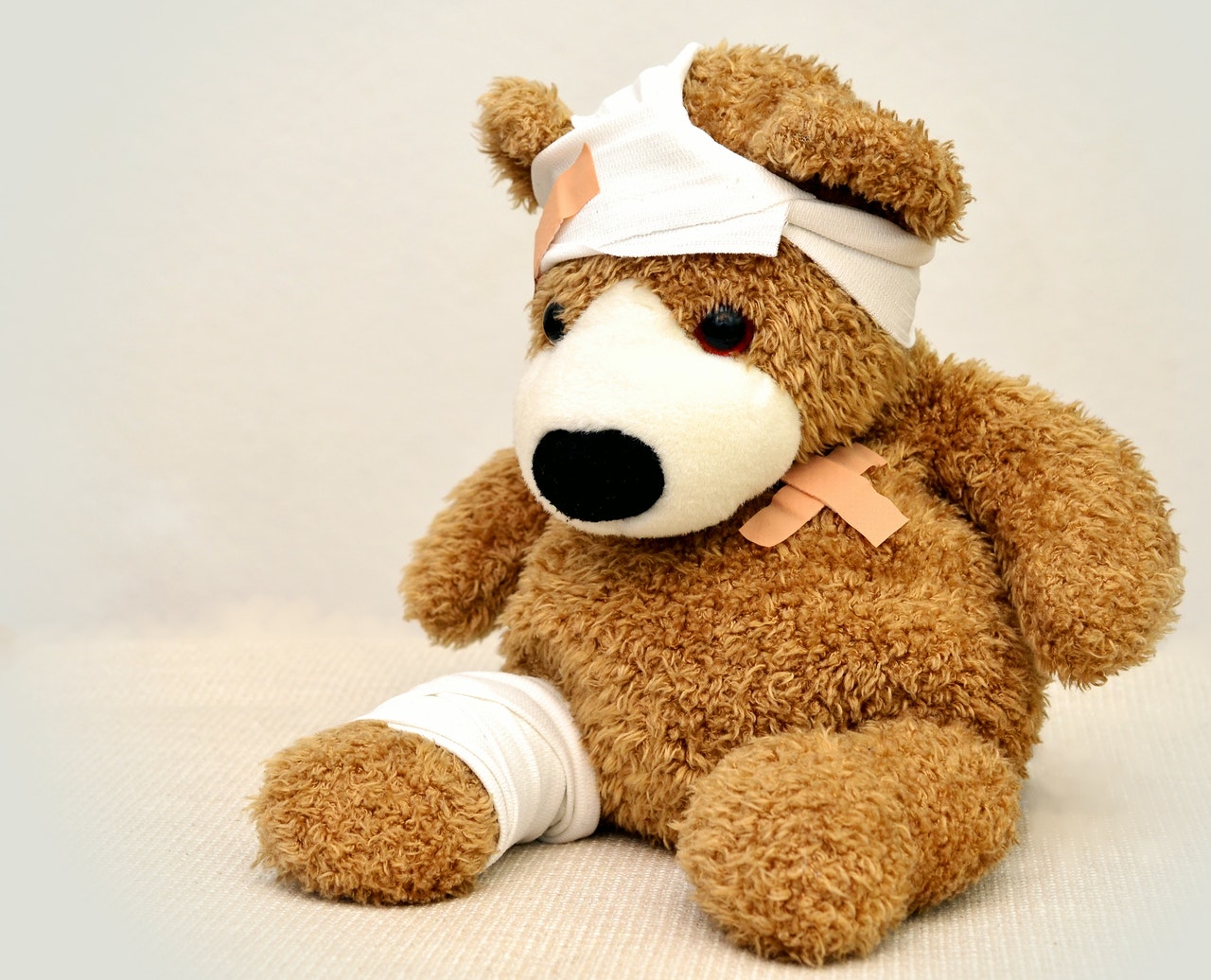
**All links are at the bottom of the post, footnote style**
My Sanity Was Cracking Under the Weight of Covid-19
Crying, sobbing, fetal-position panic.
That’s what IT FELT LIKE with the emergence of the Covid-19 virus.
Living in Santa Clara County, California, we experienced the very beginning of the Covid-19 outbreak in the US. And back then, we didn’t know anything about the virus, other than it was deadly.
For me, the news of Covid-19 and it’s dangers was a shock. With underlying conditions, it was life or death for me, my husband, my mom, my dad, some of my siblings, and certain uncles.
Did you feel that way too?
I couldn’t handle the thought of losing anyone or leaving this world early.
A Verbal Slap in the Face During an Emergency Meltdown
In the middle of feeling like I was going crazy, I got a call from my dear friend Yvonne.
She’s a healer. A real one…(I could tell you stories! I will someday. Not today though. We’re stickin’ to this story for now).
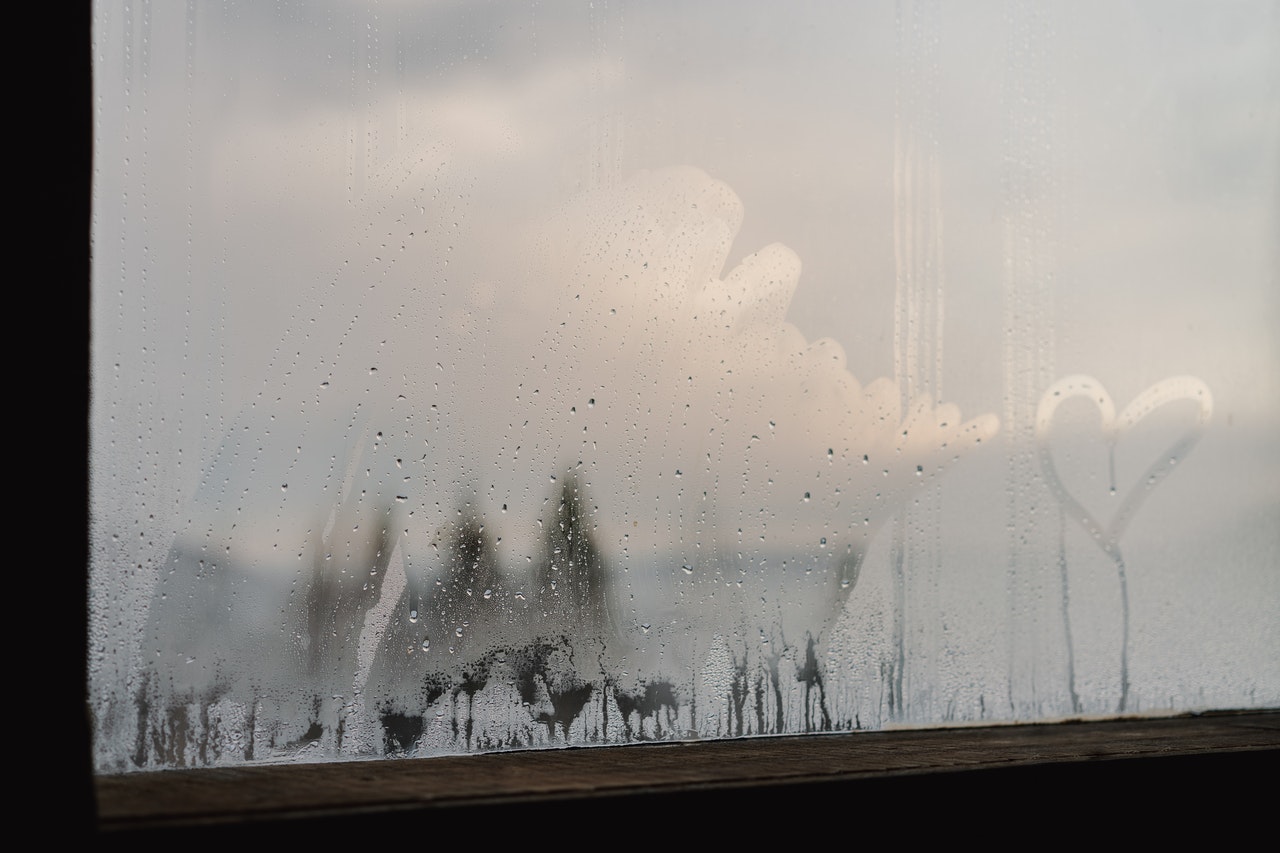
We were on the phone…
I was frantic. “I am so panicked that peop-“
“I’m going to stop you right there. “ Yvonne quickly injected, “You don’t need to keep reliving the stress of your fears. Your body and mind do not need to be flooded with hormones. It lowers your immune system and keeps you in the loop of fear.”
I was stunned.
She was right. “Oh my god, Thank you so much for interrupting me! I’m going crazy here and I don’t need to make it worse.”
D*mn, she rocks! Why couldn’t I be like Yvonne at that moment? I wanted to be cool as a cucumber in the face of danger, but nope. Not me. At least not this time. Next time, I plan on it!
Mental Health is the Key to Navigating a Disaster
I’m here to help others, not here to wallow like a victim. Wallowing in mud would be fun, but not in victimhood.
Yvonne’s abruptness brought me out of a panicked trance that I had put myself in. I wasn’t going to let it get the better of me.
From that moment on, I decided to develop some grit around this situation. I didn’t want to go crazy, and bring everyone else with me.
That was 6 weeks ago, I mean 60 weeks ago, or wait, was it 600 weeks ago? It’s so hard to keep track. What a marathon of masks and sanitizers!

Yvonne is one awesome chick by the way.
She’s a massage therapist, a shaman, and reiki healer. She also has her head on straight. I love that gal. If you need any energy healing, you can touch base with her in my list below. (1)
Anyway, as I mentioned before, I started Joy Pomegranate to help people. (2)
I wrote “How to Survive a Tough Situation,” in a previous post, but a tough situation and a crisis are not the same thing. (3)
In a true emergency, like a pandemic, earthquake, hurricane, or an impromptu flash mob, we need more to keep us sane. (4) (5)
So I share with you now a list of items that can help you deal when something big and unexpected tries to take you down.
Not every item will work in every situation. It’s all about shifting your frame of thinking when everything goes haywire.
Start Sane; What to Do Before an Emergency or Disaster
You can choose to be a full blown prepper, or just have a little extra somethin’ somethin’ figured out to help you out.
Early preparation can go a LONG WAY toward helping you feel calmer.

Have a Stay Safe Plan (Don’t Get Caught with Your Pants Down)
Best way to keep your head is to have it screwed on right in the first place.
Preparation is Relaxation.
1. Boost Your Immune System
Keeping healthy and fit is always at the top of my list.
It should be at the top of yours too (unless staying far away from circus clowns is at the top of your list, then I support you).
Even if disaster never hits, you can avoid an unexpected trip to the hospital if you keep yourself in good shape. Get plenty of good food, exercise, rest, hydration, and laughter every day.
Here’s a post about adding veggies to your life. (6)
You can read some immune system tips in the article linked below. (7)
2. Keep An Ear to the Ground
There are lots of ways to stay informed.
There are cell phone apps for the natural disasters that plague your area.
They will give you some warning.
I think they should all be programmed to say “Danger, Will Robinson!” like they do in the 1960’s show Lost in Space.
3. Know Where to Go
Where can you go for help or shelter? Where is your nearest emergency room, emergency vet, shelter, church, and stripper bar?
Oh, wait, not the last one. That’s for a different kind of emergency.
On the west coast where I live, we stay informed about earthquakes and fires.
Here is a great podcast about what to expect in an earthquake. (8)
4. Will + Advanced Health Care Directive (Boring!)
You’ve heard it before. I’m here to nag you again.
You need a will.
You need an advanced health care directive.
Get a simple one at the very least. You need them at any age after consent. Yes, even if you’re young enough to know who BTS is. (9)
My Hubs and I started with something simple from Legal Zoom which was super affordable and easy. (10)
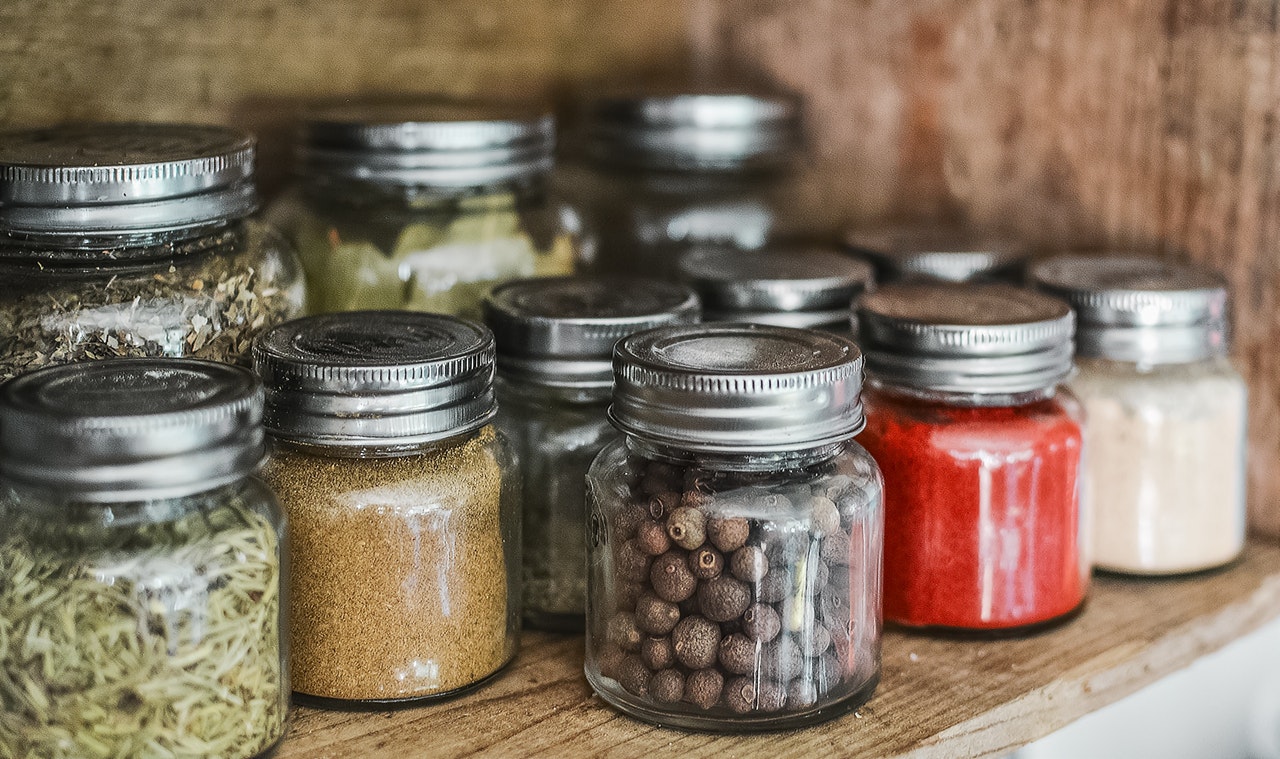
5. Stock Up
My grandpa and grandma always had a pantry FULL of canned food because they lived through the great depression.
We learned that was a good idea when the virus hit.
Have some extras around. Extra cleaning supplies, extra paper goods, extra canned goods, extra medicines, extra water.
And extra cats. Don’t ever be without extra cats. Ya never know when you’ll need one to hunt for you.
Training them to share might be tricky.
Don’t let your storehouse get too low when life feels normal.
Here is a good “stock up” list. (11)
6. Be the Boss of Your Finances
If disaster struck, do you know what services you should “shut off?”
No one needs a cable bill if they are out of their home due to flooding. The same with your subscription to Modern Drunkard Monthly. (12)
Are you properly insured for loss?
Do you have health insurance or live in a country that has universal health care?
Do you have an emergency bank account and some cash in small bills on hand?
Does someone else know how to manage your finances should you become ill?
Here is a more in depth article on how to prepare financially. (13)
7. Say What?! Communications Plan
Plan for someone outside your area to make calls for you.
You reach out to them, they call all your contacts to tell them whasssup.
Yes, it’s the real world version of the game Telephone.
Have a hard copy “contacts” sheet of your friends and family info in a go bag. More on the go bags in a minute.
If you have a business, include your customers, clients, suppliers and vendors too. (14)

8. Have a “Move Quickly” Plan
Always wanted to be an actress? Here’s your chance.
Rehearse emergency scenarios with your family to be sure everyone knows the drill. If you’re alone, you can do it in your head.
When I was a kid, my bedroom was upstairs.
My parents gave me an aluminum rolled-up hook ladder that stayed in my closet.
I practiced. I opened my window, hooked the chain-link ladder over the sill, lowered it and climbed down.
It was super fun for a 9 year old.
I could do the ladder trick swiftly. Of course, in real life I would have dropped a dozen stuffed animals down before me. Mr. Tiger and his friends were very important!
Here is one example of a similar ladder (15)
As an adult, I took several first aid classes so I could practice for medical emergencies (ie: if my husband were to have a heart attack, I know what I’d do first).
Speaking of first aid…
9. Learn First Aid
Yep. First aid courses are available to everyone.
Hands-on first aid courses are the best way. It costs a little money and a little time. Weighed against the value of someone’s life (likely someone you love), it’s money well spent.
Free is fine too, but it’s not as easy to remember because it’s not hands-on.
Take these free online courses this week. Refresh your memory often. (16)
Squeamish about blood and gut scenarios? Watch a few horror films and get over it, dude.
10. Have a Go Bag
No, not a bag that has the Go Game in it, silly.
It’s a bag filled with important stuff you can grab and leave quickly. Also known as a bug-out bag.
I’m building my own go bag. I keep it in our bedroom.
In it, I have important paperwork, health care directives, extra medications, glasses, a copy of 50 Shades of Gray, and more. I know I can grab it and git outa da house within seconds.
I put my purse and keys next to it ever night, so I will have also have a car to hop into.
There are different kinds of grab bags. Some for having babies, some for sick family members, others for general emergencies.
They all have additional items to pack.
There are a few links at the end of this post for those interested in putting a go bag for themselves. One of them is an article on how to get a go back going for under $100. (17) (18) (19)

11. Keep ‘Er Gassed Up
Don’t get caught trying to escape on a near-empty tank. It’s hard to get out and push your car to another county.
So stop more often at the gas station.
I use the 1/2 tank mark to prompt me to pump my fabulous automobile with a little more juice.
12. Animals Need Planning Too
Whether you’ve got cats, dogs, horses or sea-monkeys, include all your feathered, furry, leathery and aquatic friends in your planning.
Who will feed them if you’re not there? Are there written instructions?
What happens if you must evacuate?
Is there extra food for them? (20)
You can always eat’m when the going gets tough.
Juuuuust kidding! Don’t get your knickers in a twist.
13. Give it Up (Addictions)
This is not about morality.
If you need a great reason to give up caffeine, nicotine, alcohol or drugs, (as if you didn’t already have several reasons already) Here’s one:
If you are hooked on caffeine, cigarettes, drugs or alcohol, you could have real difficulty navigating an emergency.
Your mind and body will have to manage adjusting without it once you reach the 24-hour mark.
With caffeine and cigarettes, you will have short term cognitive decline when the sh*t hits the fan. That is, if you don’t have access to your stash. (21)
In the case of alcohol or drugs, it could mean dealing with life-or-death withdrawal. (22)
As if things weren’t exciting enough!
Overwhelmed? Don’t Let It Freak You Out
Every little bit counts, as they say.
You can’t do this all at once. It will take some time.
Pick a date, once a month and work on it. You’ll have a lot more together 6 months from now, and a year from now. It will never be perfect, so be okay with that.
The point is, as you tackle these items, you will feel more comfort knowing it’s taken care of.

Keeping Sane After an Emergency or Disaster
14. Take a Moment to Assess Your Emerging Situation Plan
When something happens, you’re not going to have all the answers at once.
Sloooowwwww Dowwwwwn. Stop. Take a Breath.
Consider what level of safety works for you and your family.
When the Covid-19 lockdown happened, my dad and I discussed which precautions we’d be taking. We agreed that “Be careful, not crazy” was a good mantra, and then high-fived each other. No. Just kidding. We were social distancing.
15. Understand the Play of “Tension”
Every story you’ve ever read has an element of tension, The good guy has a problem. He needs to fix the problem, usually within a certain amount of time. “Tension” is feeling WE get while waiting for the guy in the story to solve the problem.
In life we have the same experience.
We have a “story” (of our lives) and there is a problem that needs to get fixed (like finding clean water, contacting family, etc).
We feel the urgency to have it resolved.
That is tension.
This happens every day with little stuff too, like when you’re waiting for your dinner to arrive. Where is that pizza delivery gal? She’s already five minutes late!
Learn to recognize and live with that tension instead of revisiting it. You will be mentally healthier.
Most people replay the problem over and over and they they build the tension up even higher.
Don’t do that.
Save your energy and trust that it will get resolved in due time.
16. Trust
Speaking of trust, trust that you are resourceful enough to find a solution.
Trust that your loved ones will figure out how to deal with their own issues.
You cannot solve everything for everyone immediately. Trust and you will feel less panic.
As my momma always told me: “It will all work out.”
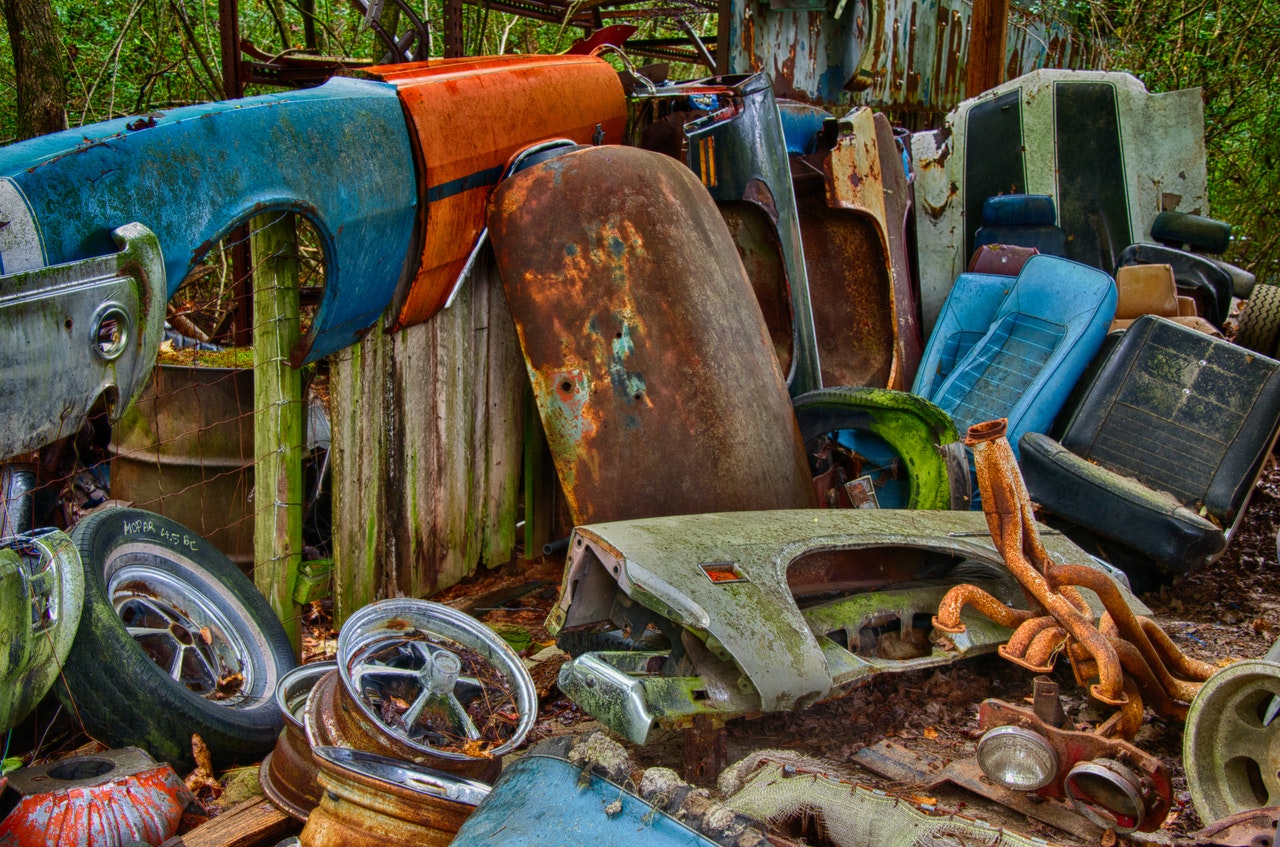
17. Be Flexible & Ask Questions
Get creative! Things don’t have to be done one way.
Ask yourself “What other ways can I approach this problem?”
“What do I have around here that is similar to the item I need?”
“Can I use my shower curtain to keep things from getting wet?”
“Can we use this door to help carry items or a person away from a danger zone?”
“Can I use this sharp metal object as a knife?”
Don’t be namby-pamby. If it works, go for it.
In other words, if you have to tear a t-shirt into small washable squares because you don’t have any toilet paper, do it. Heh. Just make sure it isn’t your daughter’s favorite concert t-shirt or you’ll be in even bigger trouble.
18. Stay REALLY Present
Planning for The Future is GOOD.
Worrying about The Future is BAD.
(Watching the movie Back-To-The-Future is GOOD as long as you can handle1980’s haircuts.)
Bring your awareness to what you’re doing at the moment.
Reserve your energies for finding clean water. Don’t worry about the stock market dive and how you’re going to recover financially.
19. Find Something to Look Forward To
If you must look into the future, imagine something pleasant you will be enjoying in the future.
Or at least imagine how you will feel when there is some resolution to your challenges.
20. Keep Up Your Healthy Habits: Meditation, Mild Exercise, Plenty of Sleep
Keep up as many healthy habits as you can.
Mild exercise will lower your blood pressure, prevent inflammation and help relieve anxiety.
Check out some options for getting happy through exercise on another post. (23)
Sleep when you can, meditate if you can. Eat as healthy as you can. Stress is bad. Take time to take care of you whenever possible.
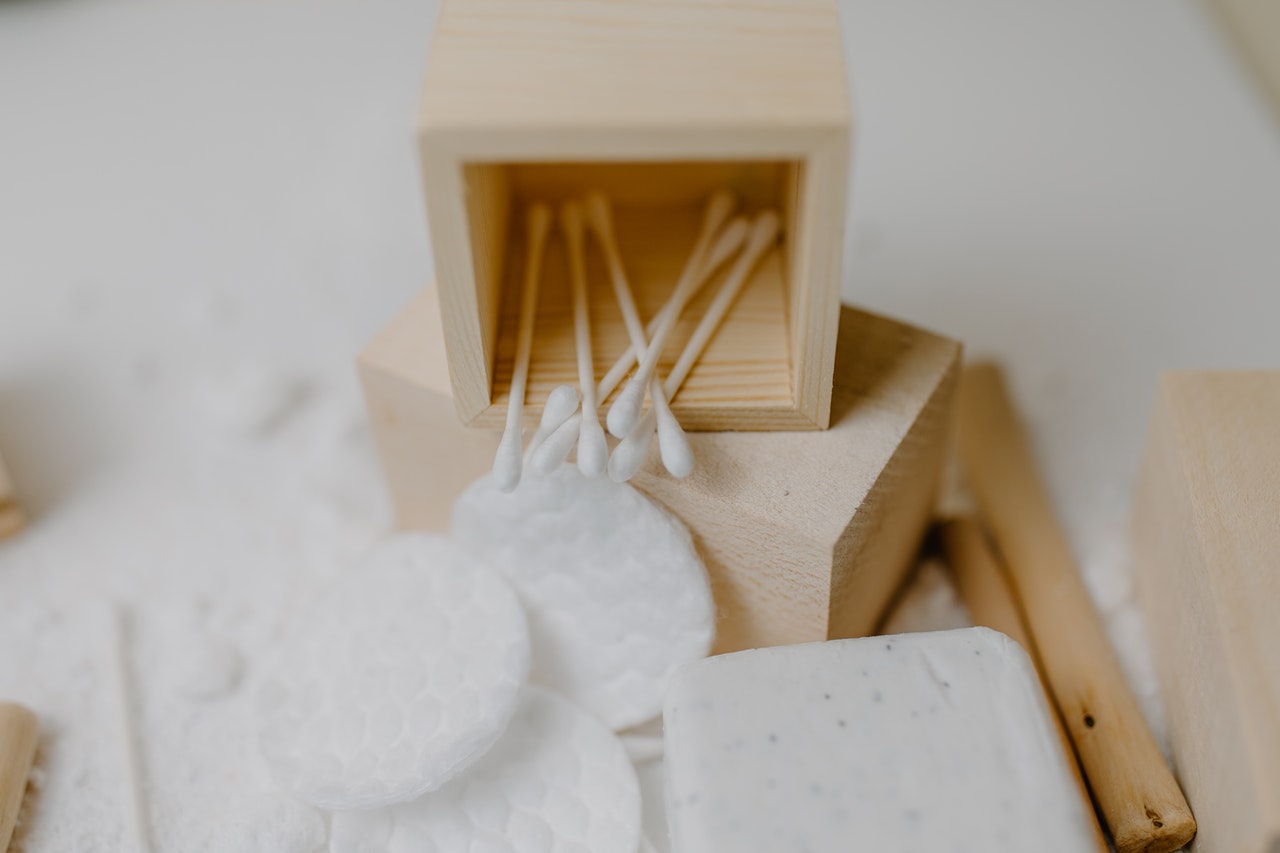
21. Mind Set Keeps You Alive
Often those who believe they will survive a situation, do.
Those who don’t don’t.
Not always, of course, but belief can play a big part into how your mind and body reacts to a situation. (24)
Keep your eye on the goal of staying alive and remind yourself WHY you want to stick around on this planet.
My uncle lives to help my aunt feel protected and important.
My cat lives for tuna pate.
I live for the joy of cleaning out my ears with q-tips. Ahhhhhh….it feels SO gooooood!
To each his own.
22. Laugh at Everything You Can
Not the easiest thing to do.
If you can imagine telling your story a couple of years after your disaster, there may be some funny moments.
Look for ways to laugh at it NOW.
23. Restrain Yourself When Researching
If the emergency you’re dealing with allows you time to do some research, it can be good and bad.
Research can help you prepare.
But over-researching will waste your time and energy.
Over-researching happens you’re trying to tame tension (see tip #15 above).
If you are the type of person that spends too much time researching, check out my post on how it hurts you. (25)

24. See It as an Adventure or a Game
Cue music from Mission Impossible.
If you’re not dealing with death or serious illness, see the entire situation as an adventure.
Adventures are challenging, and quite often fun, like a game.
25. Be a Pillar for Others
As a cat herder, I’ve learned that I can keep my cats calm by staying calm and speaking in calm tones.
This works with people too.
Your calm demeanor can be contagious.
Your anxious demeanor can also be contagious (as contagious as Covid 19!).
You have a choice to be a role model for others and help everyone stay sane.
Be a leader. Be the calm one. Be a Jedi Master.
26. Stay Connected
If you have the chance to reach out to friends, loved ones or neighbors during a crisis situation, take it.
Staying social can be very good for your mental, emotional and physical health.
27. Establish a New Routine Rhythm Early
A disaster will squash your normal routine. Establish a new one as soon as you can.
This will normalize the situation and help you to feel safer.
Your pets and kids will thank you too.
They thrive on routine.

28. Get in Flow
Is this a long-term challenge, like Covid-19? Find times to connect with a mental state called “Flow.”
Flow feels like time floating by whenever you focus on a task or a creative process.
Flow is a good mental health break.
If you have a hobby, dive in.
Play puzzles, play games, draw pictures, play an instrument, bake mindfully.
Get into the flow, Flo.
29. Stay Helpful
How can you to be helpful to others?
Feel empowered. Be a helper.
30. Connect with a Pet
In a disaster, your pets are stressed too. Connecting with each other can be beneficial to you both.
Having a pet is a good idea. You may rescue and comfort her, but she may also comfort and rescue YOU.
My friend Carol Novello, former president of the Silicon Valley Humane Society founded Mutual Rescue, an organization that supports the idea that animals rescue people as much as people rescue animals.
Check out her book packed with surprising and heartfelt stories. (26)
31. Accept that Life is Messy
As a recovering perfectionist, I like there to be a certain order to the universe.
My husband has to remind me often that “life is messy.” And he’s right.
Life stays interesting because it changes.
This is a good state-of mind idea for combating stress.
(I think I’ll remind him of that next time he asks me to help him clean. I’ll say “Life is messy, dear,” And go back to my writing. Heh. Do you think it will work?)
32. Pay Attention to Your Intuition
Intuition is the little person in your head who tells you to get the hell out of the smoking building. Even when others have chosen not to.
Intuition can give you all kinds of subtle clues of what to do or not do.
When things aren’t normal, trust your instincts even more, especially when expert answers are not at hand.
When in a new situation, keep checking in with your gut.
Heeding your intuition can sometimes save your life.
I talk more about the lesson I got from intuition in another post. (27)
33. Write in a Journal
Writing can help you sort things out.
What is happening? What solutions are you finding? What are you feeling?
Heck, your journal could turn into the next blockbuster movie!
OR, it could be a way to keep tabs on what you’re going through.

34. Adopt a Persona
Another strategy for lowering stress in a crisis is to imagine how someone you admire would deal with it.
What would Jesus do? Is one popular go-to.
Another one would be What would Buddha do?
Or what would Oprah do?
Or what would Bugs Bunny do?
35. Practice Stoicism: What Would Marcus Aurelius Do?
Stoicism is the act of acknowledging that there is pain in every life.
Observing that pain, rather than railing against it, is a good approach for keeping your sanity.
There were a lot of interesting Stoics to learn from.
In an emergency, a good one to emulate is Marcus Aurelius. (28)
36. Refuse to Be a Victim; Live and Die Gracefully
Forgive me if this one gives you any anxiety. But this is reality, and in reality, we’re all going to die.
You might find yourself in a situation where you know you’re going to die.
Why not choose a graceful exit?
I’m the first to admit I may go scratching and screaming to my grave, but I’d like to think I will go with grace at that moment.
I don’t want to feel like a victim, so I choose not to.
Dying gracefully is a gift you can give yourself and others.
Here is an article available on how to create a graceful mindset for dying. (29)
37. Know That You Will Be Stronger on the Other Side as a Survivor
Let’s keep it positive and assume you’ll survive!
People who survive terrible situations develop grit. War, holocaust, financial turmoil, personal devastation, natural disasters–all of it has helped others become tougher.
You can become a more resilient person from this experience.
Remember, pressure is what turns coal into diamonds. Be willing to turn into a diamond.

Emergencies Suck But You Don’t Have To
Going through a disaster is hard on the mind as much as the body.
Life is unexpected; Let’s hope you won’t be caught in something stressful or scary. But if you do, I’m sure you’ll do great.
P.S. Print this and put it with your emergency pack!
Live Juicy, Lovebird!

Posts
3 How To Survive A Tough Situation
6 The Add-In Diet: Power Up Breakfast For Weight Loss & Health
23 Happiness Via Movement: Get Up, Stay Up (Easy to Turbo Boost)
25 Why Your Learning Addiction Is Keeping You From Success
27 How To Follow Your Intuition (To Cheat Death Or Get Rich)
Links
5 Flash Mob 2
10 Legal Zoom
20 Animal Plan
26 Carol Novello, Mutual Rescue Book
29 Gracefully Preparing For Death
Photos
Care Bear: Pixabay
Clear Heart: Mikhail Nilov
Family Plan: Kindel Media
Canned Goods: Pixabay
Exit Sign: Pixabay
Gassed Up Mustang: Avinash Patel
Take a Moment Clock: Karolina Grabowska
Scrap Yard: Pamela Marie
Q-Tips: Tara Winstead
Adventure: Simon Migaj
Flow: Pixabay
Hero: Cottonbro
Happy Flowers: Pixabay